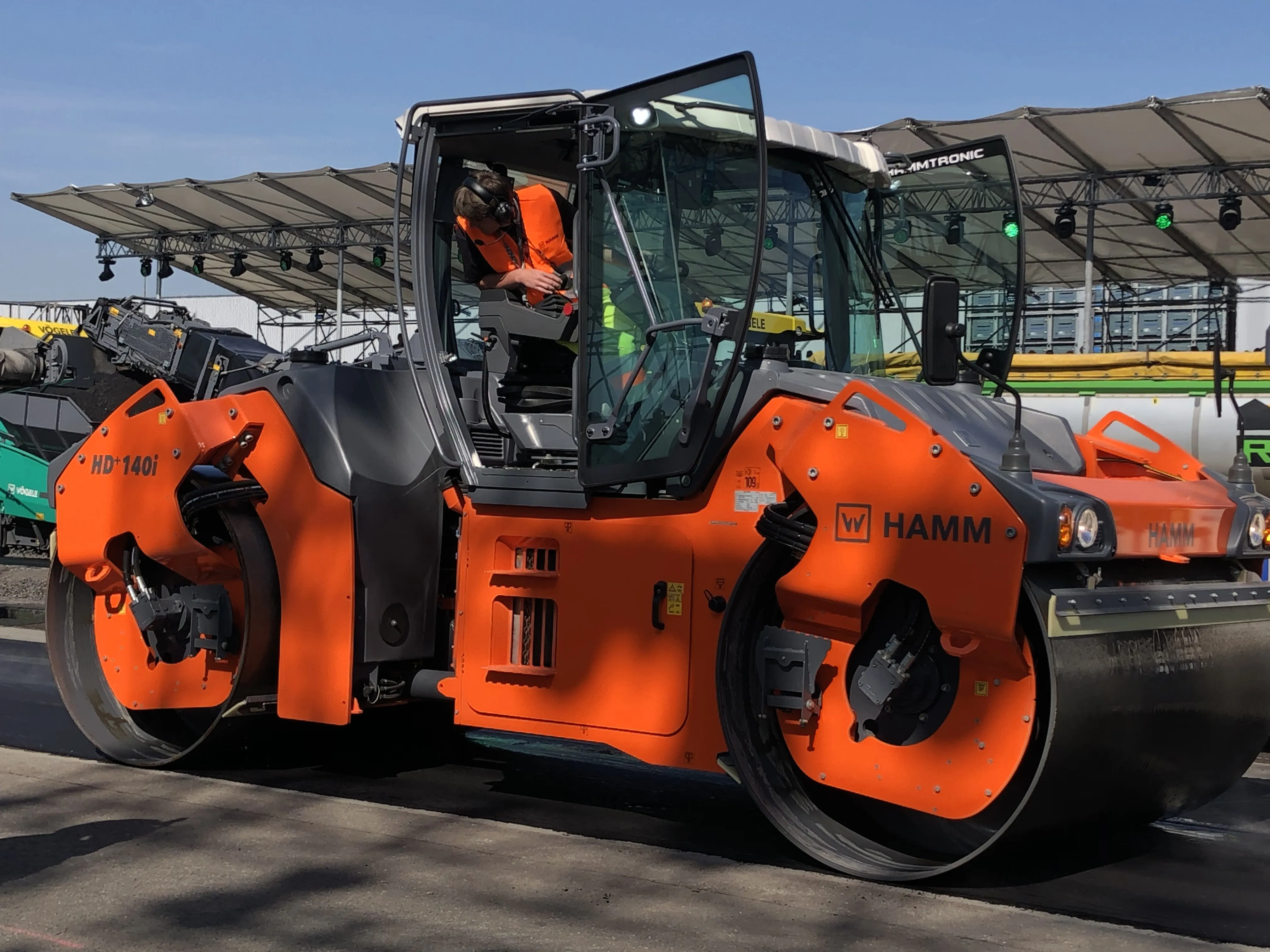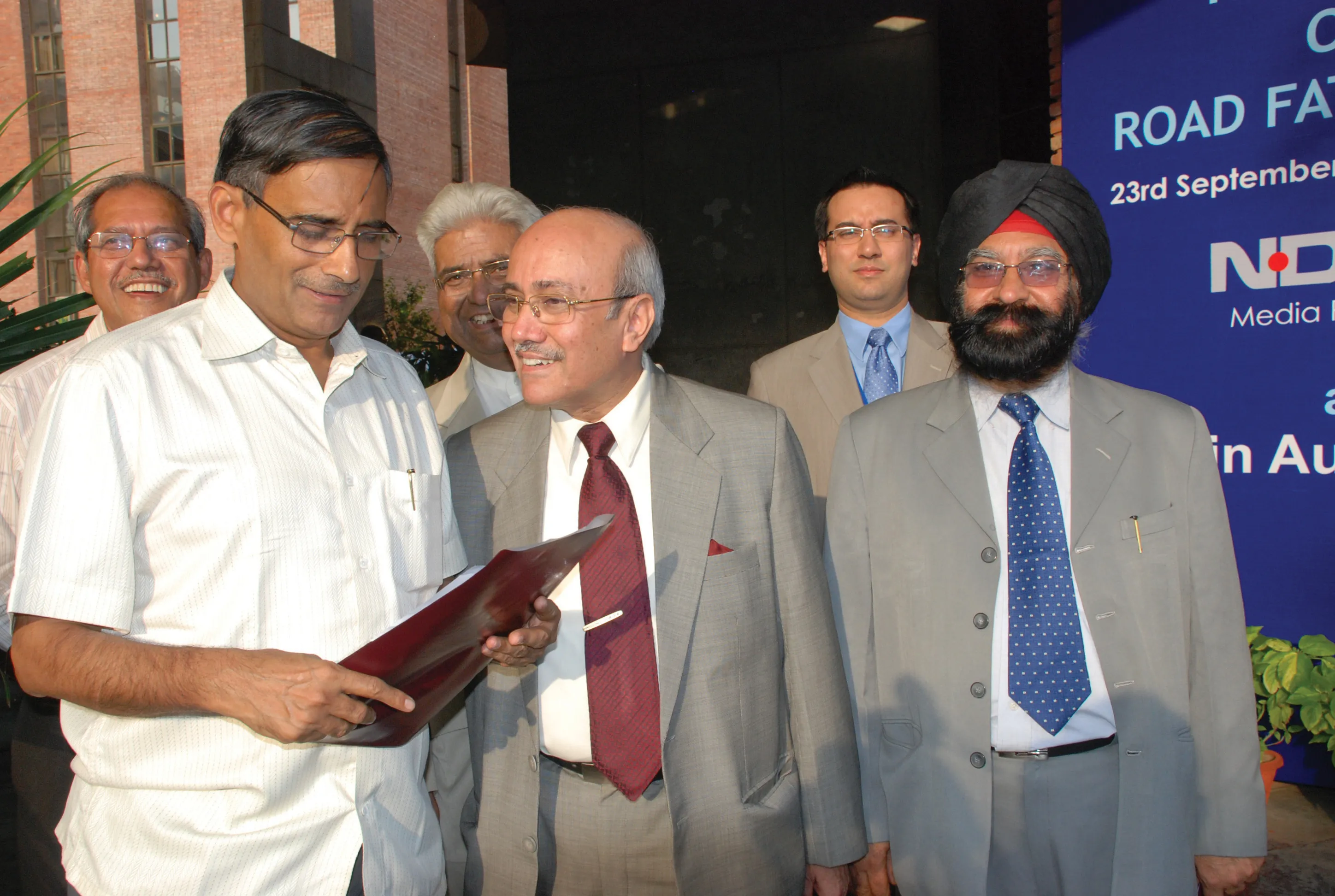Global equipment provider Terex Construction has taken on three students for its 2015/16 internship programme in the United Kingdom.
The students – all second-year off-road vehicle design students at the agricultural college Harper Adams University – will work for a year at the Terex manufacturing facility in the city of Coventry.
Each student will experience a number of roles within the business, from new product development and factory operations management to equipment testing and industry research
October 16, 2015
Read time: 2 mins
Global equipment provider 771 Terex Construction has taken on three students for its 2015/16 internship programme in the United Kingdom.
The students – all second-year off-road vehicle design students at the agricultural college Harper Adams University – will work for a year at the Terex manufacturing facility in the city of Coventry.
Each student will experience a number of roles within the business, from new product development and factory operations management to equipment testing and industry research. Their work will develop practical skills to back up their academic studies, Terex said.
After the placement, the students will return to university for a final year and examinations.
The college, which opened with only six students in 1901, has a main academic building opposite its own 500hectare farm, including arable and livestock enterprises.
Several students have already been through Terex’s programme which started in 2013, said Paul Macpherson, sales and marketing director at the Terex Coventry facility.
“According to the latest research from the UK’s independent Confederation of British Industry, 55% of companies fear they will not have enough workers with the required skills in the next few years. Our internship programme with Harper Adams University not only provides in-depth training for students studying the latest vehicle design courses, but also encourages graduates to consider a career in the construction sector following their studies.”
“As well as inspiring the next generation, this has also enabled us to identify talented individuals at an early stage. We’ve recently taken on one of the programme’s very first students as a full-time team member, which truly demonstrates the benefits of this academic partnership.”
The students – all second-year off-road vehicle design students at the agricultural college Harper Adams University – will work for a year at the Terex manufacturing facility in the city of Coventry.
Each student will experience a number of roles within the business, from new product development and factory operations management to equipment testing and industry research. Their work will develop practical skills to back up their academic studies, Terex said.
After the placement, the students will return to university for a final year and examinations.
The college, which opened with only six students in 1901, has a main academic building opposite its own 500hectare farm, including arable and livestock enterprises.
Several students have already been through Terex’s programme which started in 2013, said Paul Macpherson, sales and marketing director at the Terex Coventry facility.
“According to the latest research from the UK’s independent Confederation of British Industry, 55% of companies fear they will not have enough workers with the required skills in the next few years. Our internship programme with Harper Adams University not only provides in-depth training for students studying the latest vehicle design courses, but also encourages graduates to consider a career in the construction sector following their studies.”
“As well as inspiring the next generation, this has also enabled us to identify talented individuals at an early stage. We’ve recently taken on one of the programme’s very first students as a full-time team member, which truly demonstrates the benefits of this academic partnership.”








